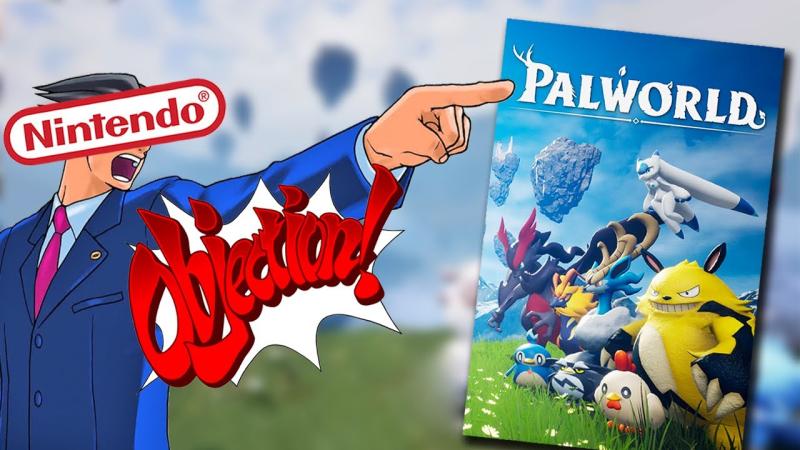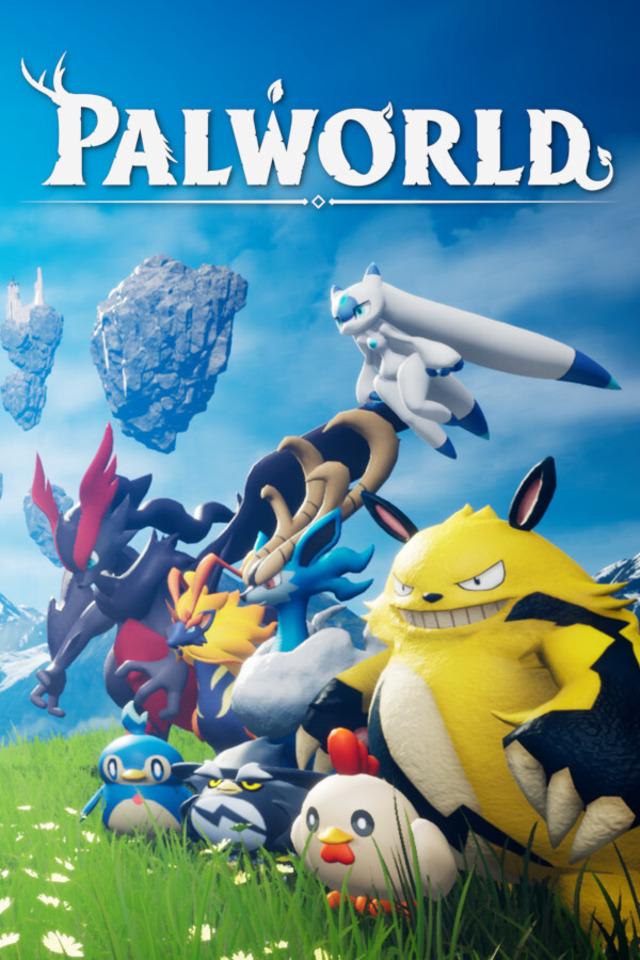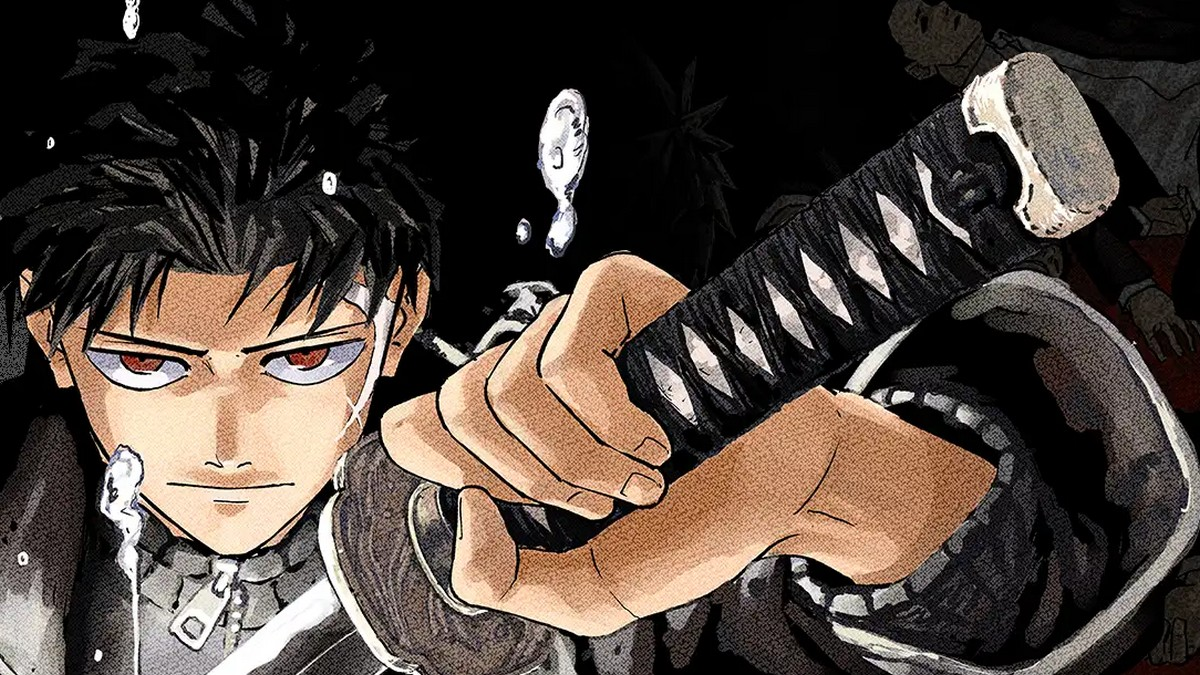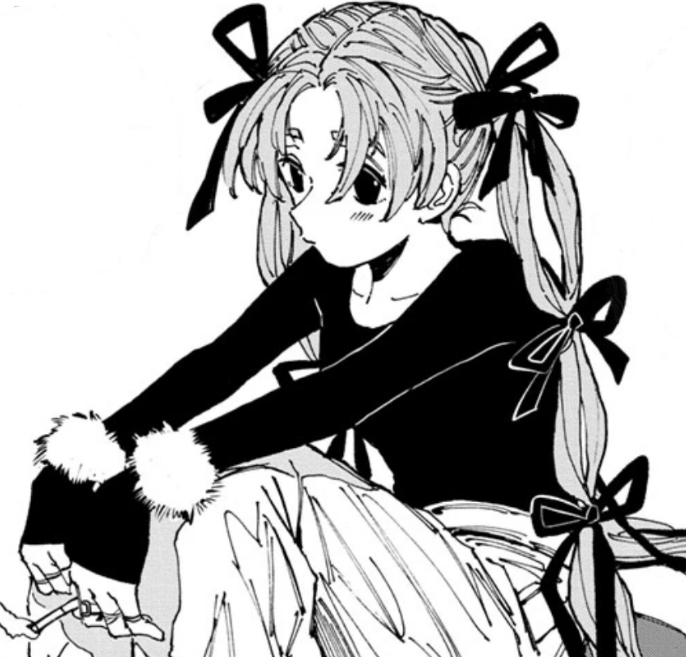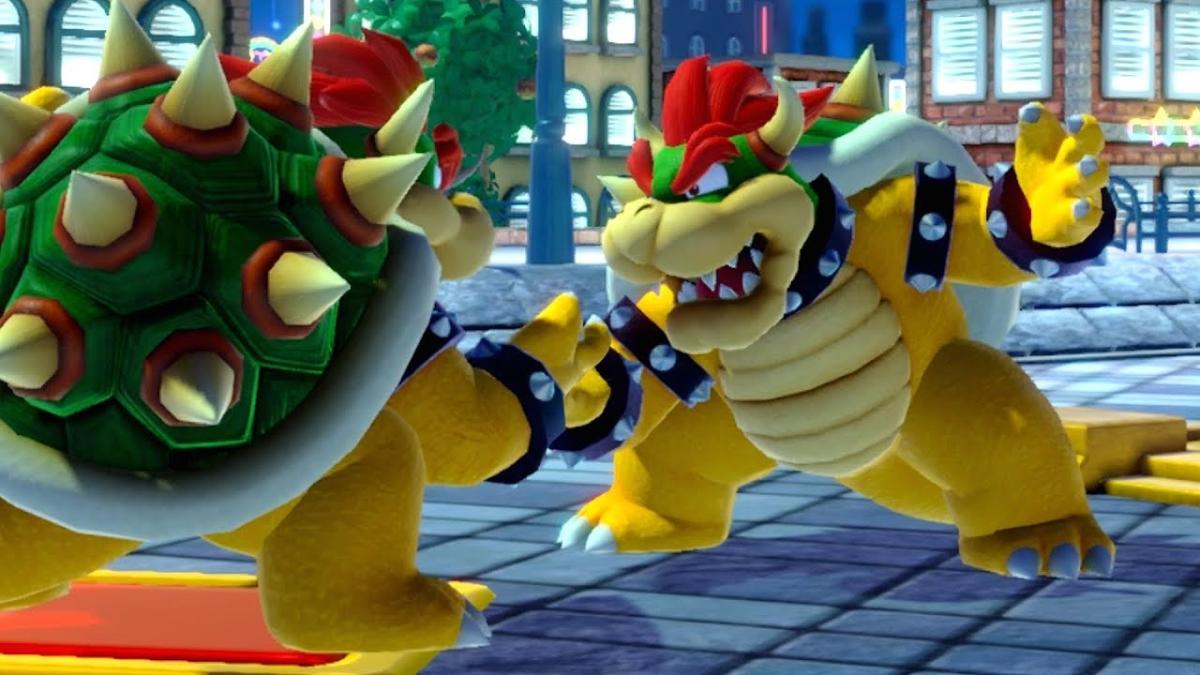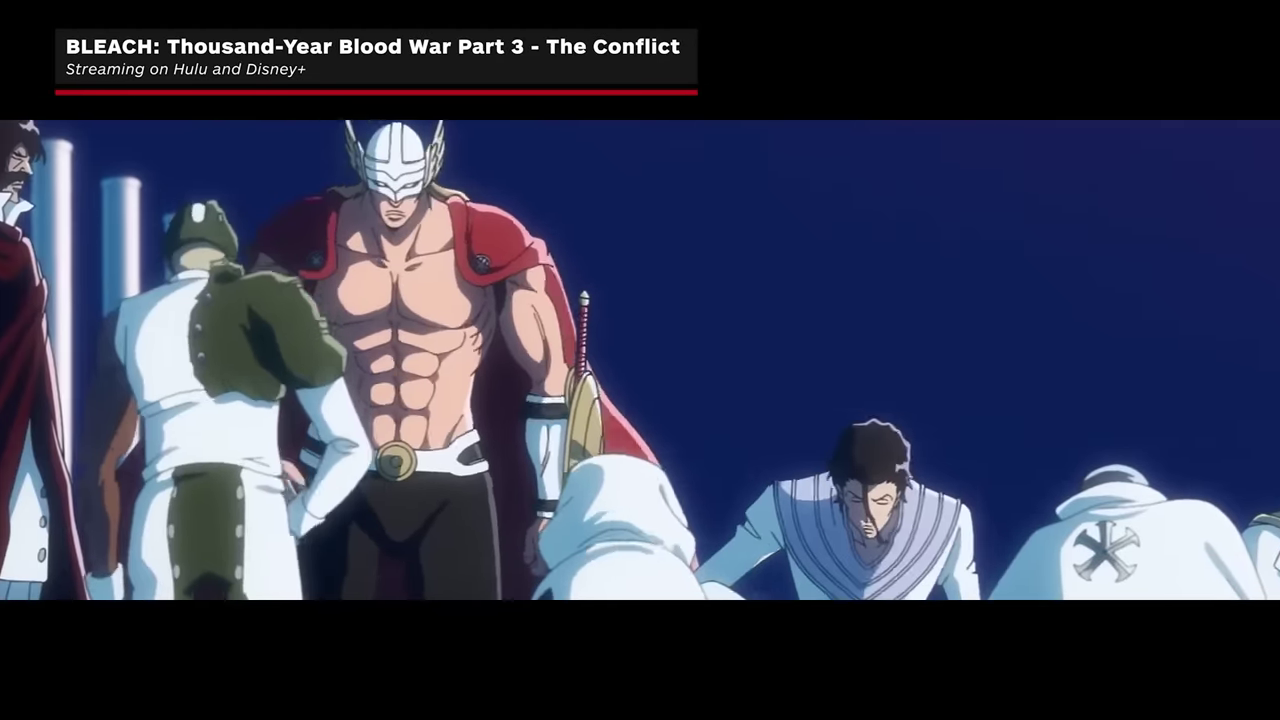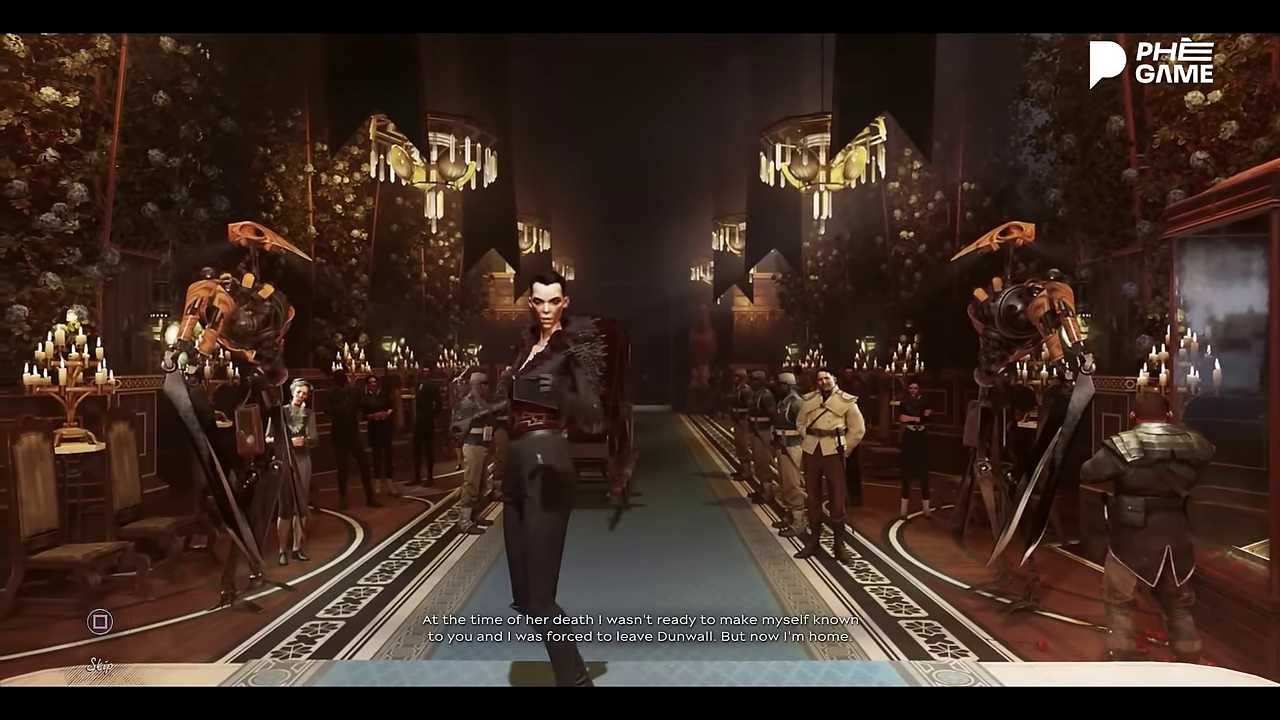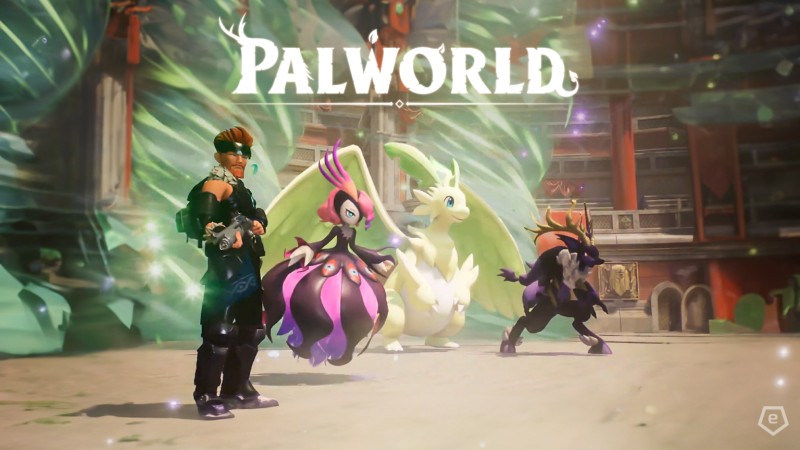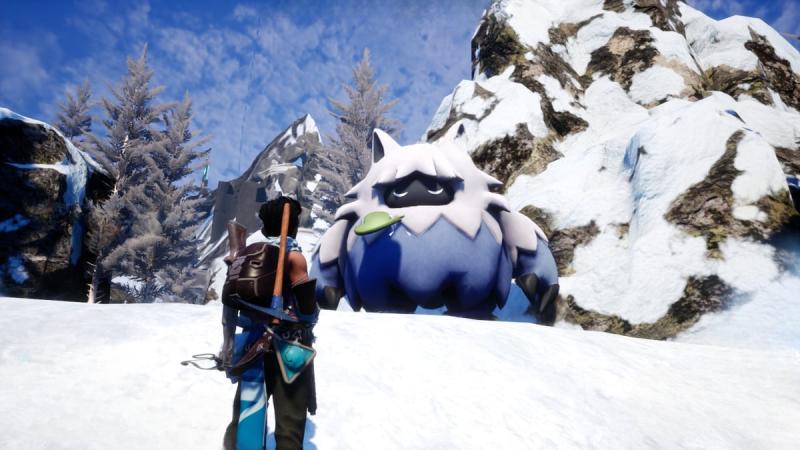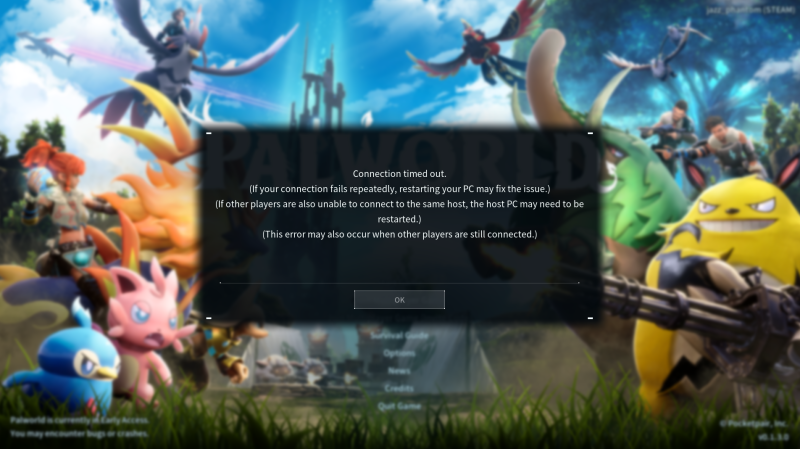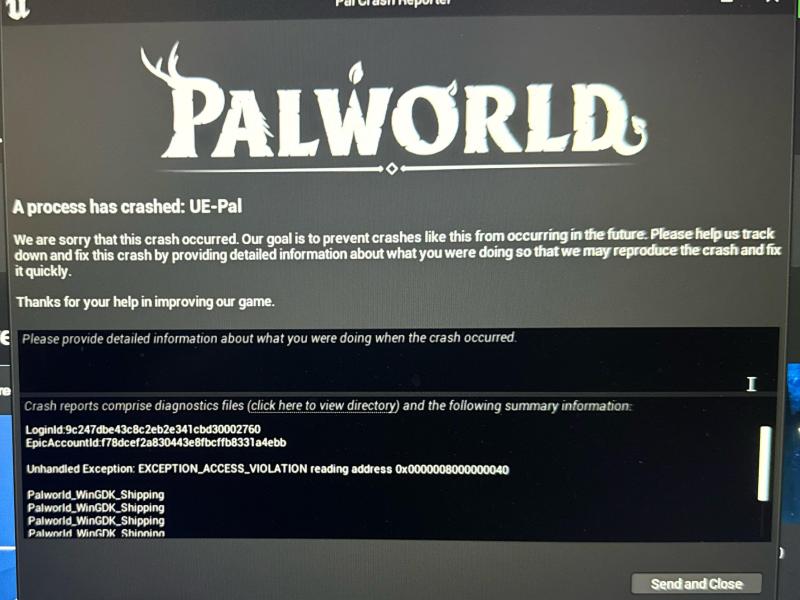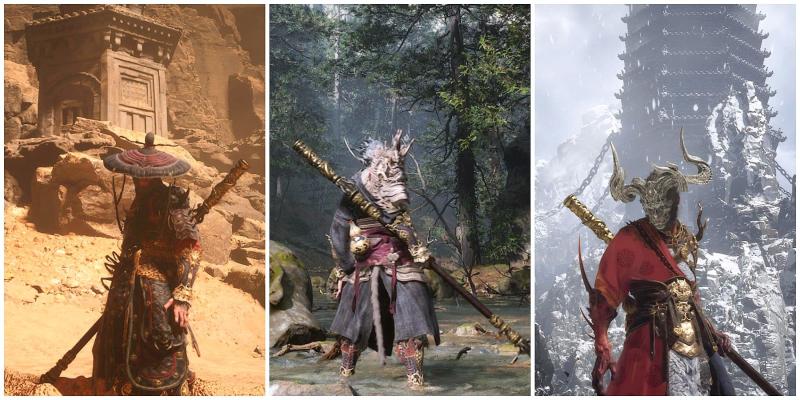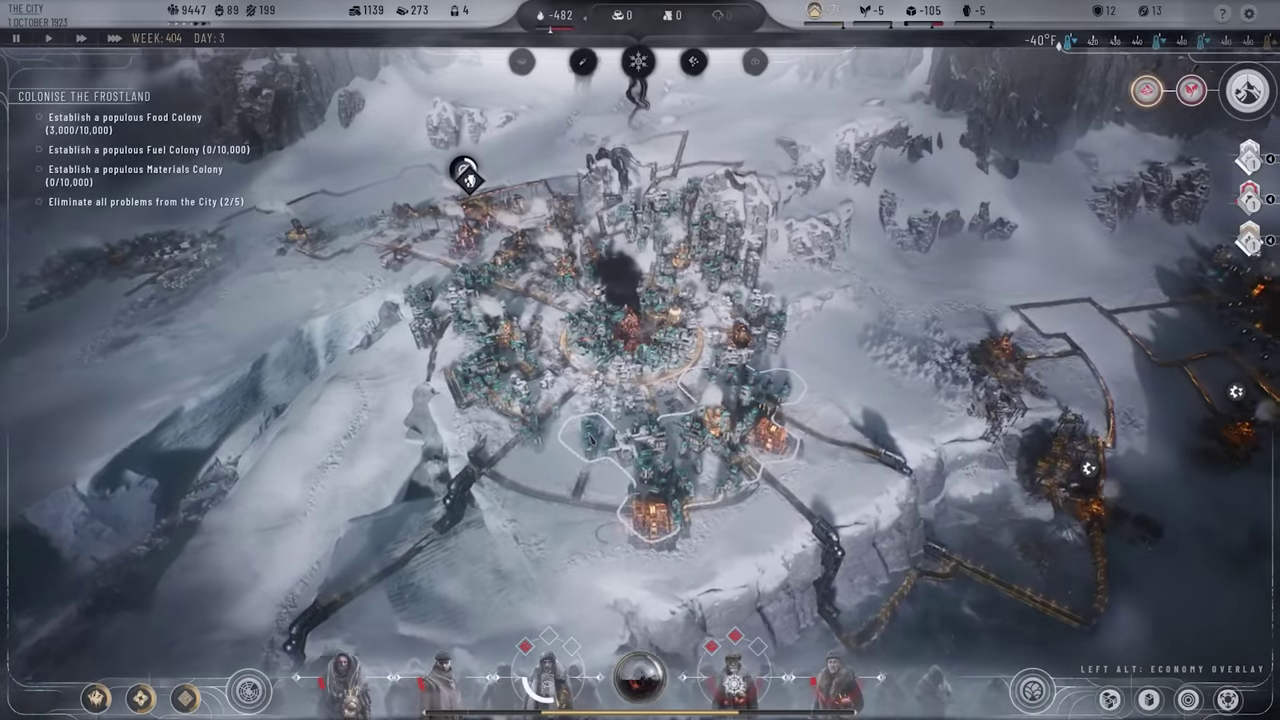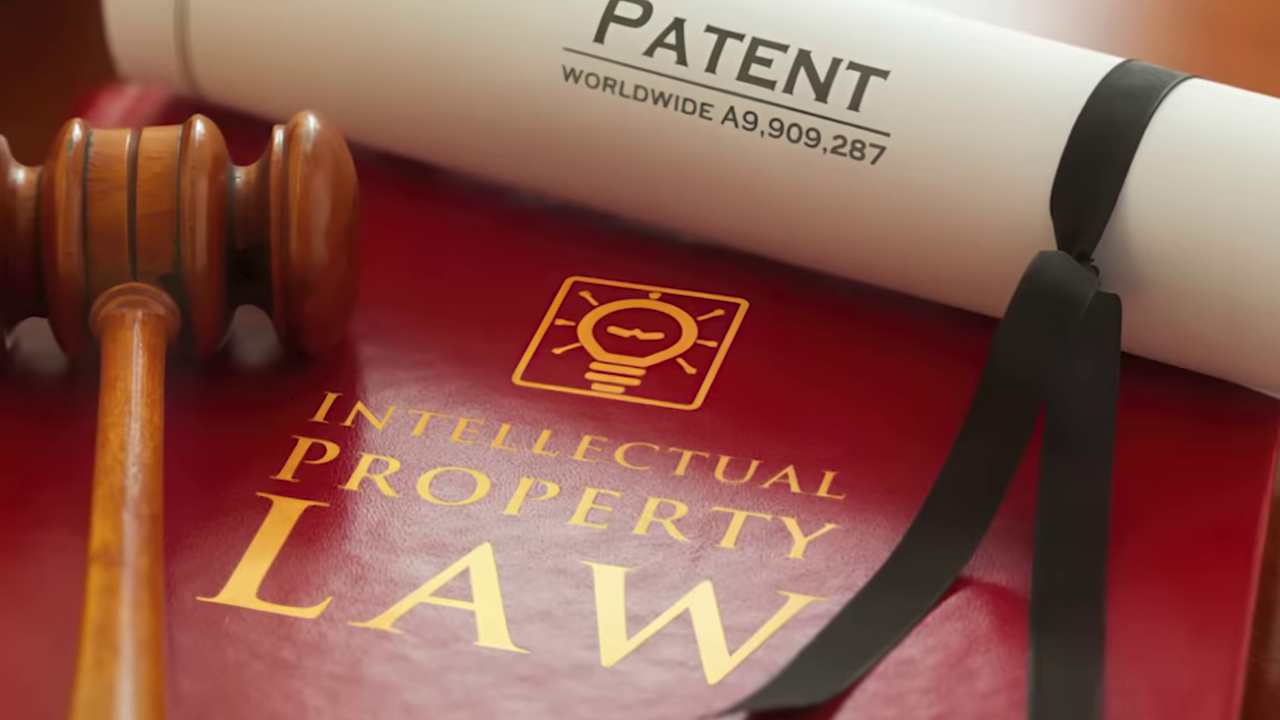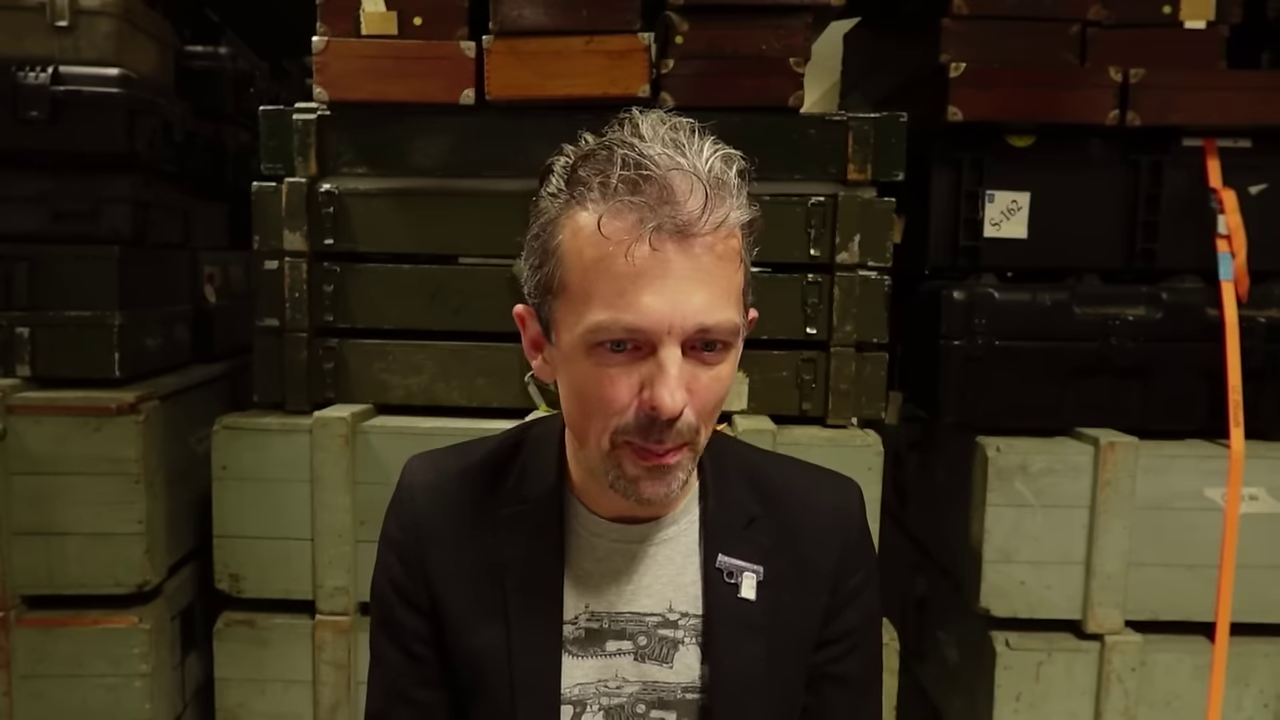Alright, folks, hold onto your Poké Balls… or maybe I should say Pal Spheres? If you haven’t been following the news, there’s a serious legal showdown brewing between Nintendo and the developers of Palworld, Pocketpair. And let me tell you, it's not pretty. Nintendo, never one to shy away from protecting its intellectual property (IP) with the tenacity of a Gyarados, has filed a lawsuit claiming that Palworld infringes on its patented game mechanics.
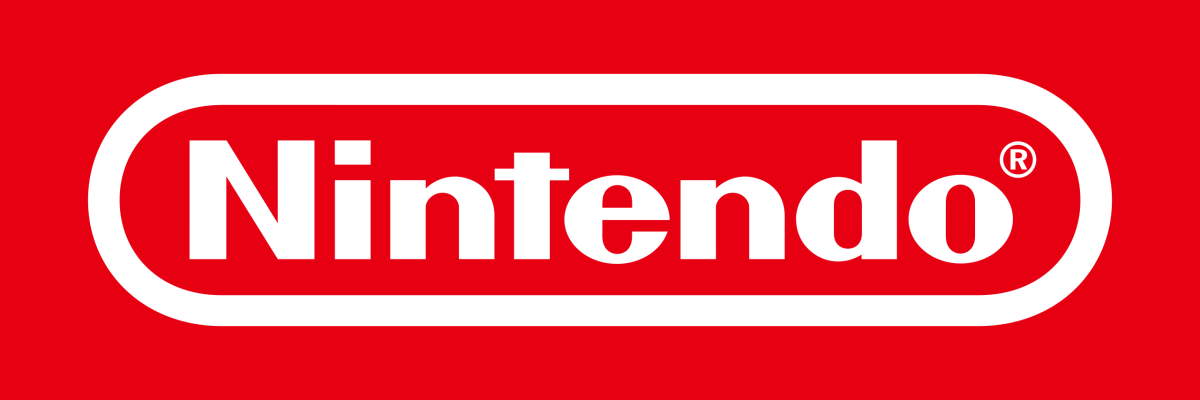
Nintendo logo
Now, if you’re like me—a gamer who’s spent one too many hours catching creatures in the Pokémon universe—you probably noticed how Palworld has some “similarities” to Pokémon. I mean, come on, it’s got these adorable creatures called “Pals” that you catch in spherical objects. But instead of sending them into battle with cute moves like Tackle or Water Gun, you can arm them with guns. Yes, guns. So right there, this game already had everyone’s attention. But it’s not just the quirky concept that’s got people talking. It’s this lawsuit, which could have massive implications for the future of creature-collecting games.
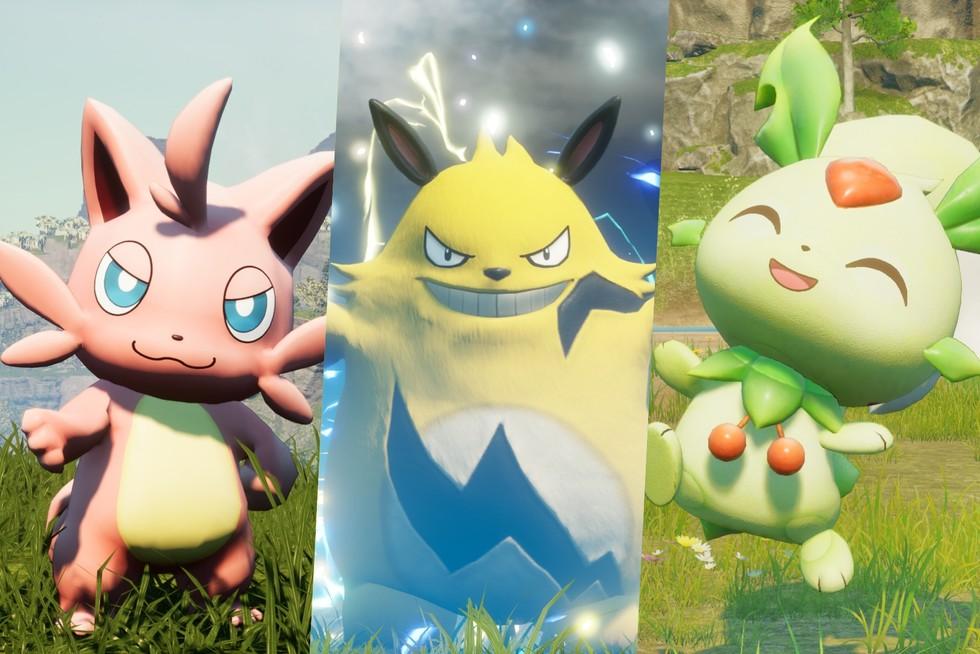
Palworld creatures
Let’s take a deep dive into what this lawsuit means for Pocketpair, Nintendo, and the gaming industry as a whole. Grab a snack, because we’re going to cover everything—past legal battles, intellectual property rights, and what it might mean for the future of the genre. Oh, and I'll sprinkle in my own thoughts along the way. So buckle up!
A Brief Overview: Palworld vs. Pokémon
If you haven’t heard of Palworld, you’re probably wondering why people are calling it “Pokémon with guns.” Well, it’s an open-world survival game where you catch and befriend creatures called Pals. Unlike Pokémon, these Pals aren’t just for battling in cutesy arenas. You can use them for farming, crafting, and yes—fighting. But here’s where things get wild: You can also arm your Pals with weapons, including guns, to help defend yourself. It’s like Pokémon meets ARK: Survival Evolved, with a dash of Call of Duty for good measure.
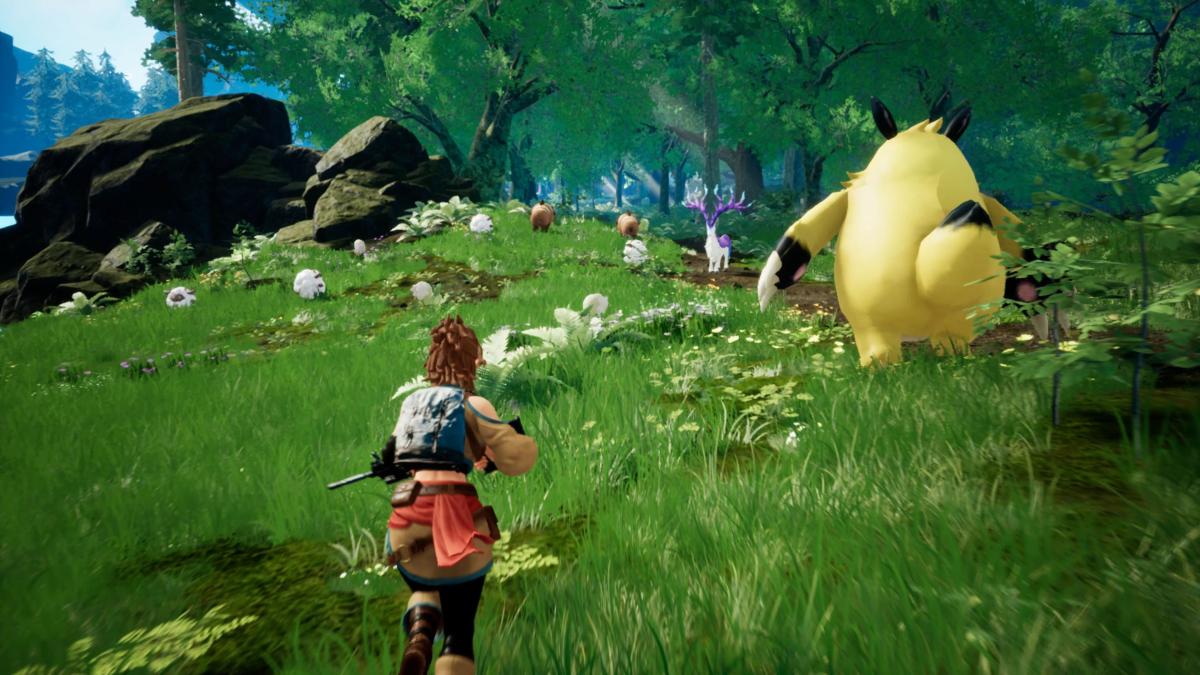
Palworld gameplay
But here’s the catch—according to Nintendo, Palworld crosses the line from being “inspired” by Pokémon to downright ripping it off. Specifically, Nintendo and The Pokémon Company have accused Pocketpair of infringing on several game mechanics that Nintendo has patented. The heart of the issue is the creature-catching mechanic, which, honestly, does feel a lot like tossing a Poké Ball at a wild Pikachu.
What Nintendo’s Claiming
Nintendo’s legal team isn’t messing around here. They’ve identified at least 28 patents that could be involved in this lawsuit, with one particular patent standing out. This is where it gets a bit technical, but bear with me—Japanese patent number 7545191 describes a system for catching creatures using specific inputs. If that sounds familiar, it's because it’s basically the bread and butter of the Pokémon games. You see a creature, you throw an item (Poké Ball, Pal Sphere, whatever), and boom—you catch it.
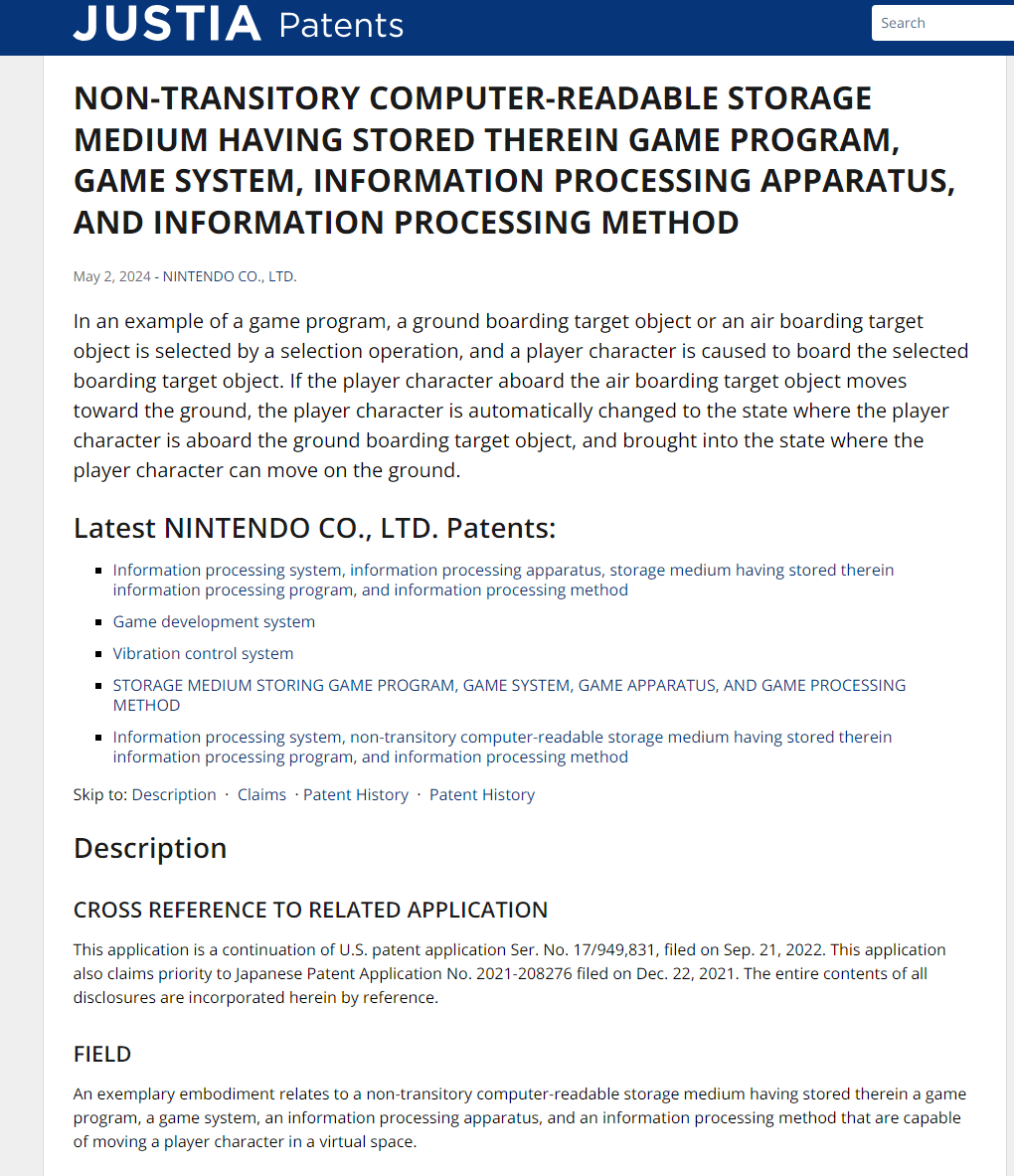
Patent document
What’s interesting is that this patent was only approved in August 2024, just before the lawsuit was filed. So, Nintendo seems to have been waiting for the legal green light to go after Pocketpair. The timing is suspicious, and it raises the question: Did Nintendo wait for Palworld to gain some traction before dropping the legal hammer?
Nintendo’s Legal History: A Company That Plays Hardball
If you’ve been into gaming for a while, this lawsuit shouldn’t come as a surprise. Nintendo is notorious for being extremely protective of its IP. Whether it’s fan-made games, ROM sites, or custom controllers, they’ve gone after them all. Sometimes it feels like Nintendo’s legal team is more active than its game development team (sorry, not sorry).
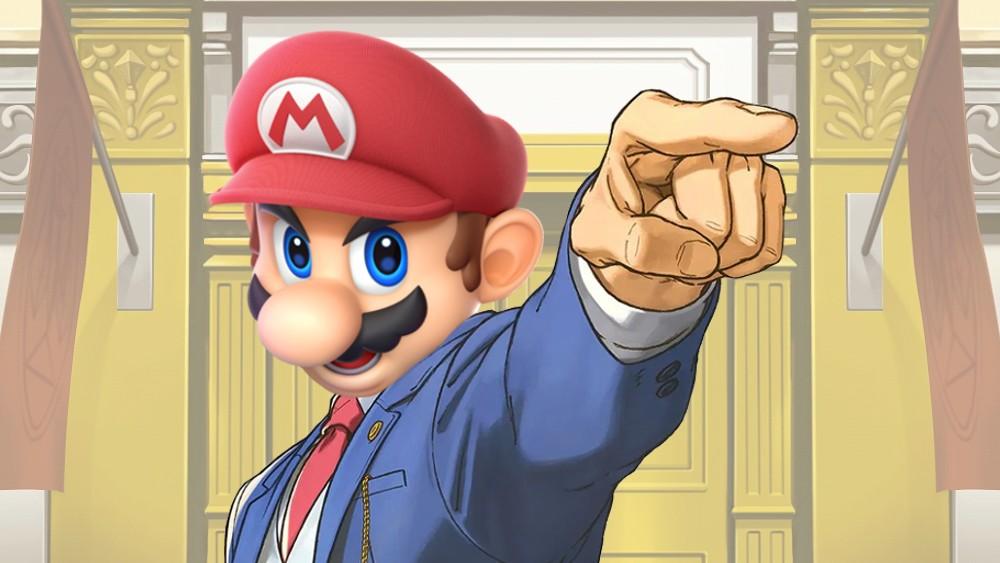
Nintendo court cases
Let’s take a walk down memory lane and look at some of Nintendo’s greatest hits in the courtroom:
-
ROM Sites: Nintendo has consistently targeted websites offering ROMs of their classic games. In some cases, they’ve secured multi-million-dollar judgments against these sites, effectively shutting them down. If you’ve ever tried downloading a ROM of Super Mario 64 and found the site mysteriously gone, you can thank Nintendo for that.
-
Fan Games: Pokémon Uranium and AM2R (a Metroid 2 remake) were both beloved fan projects that Nintendo took down with swift cease-and-desist orders. The fan community wasn’t too happy, to say the least.
-
YouTube Content: Nintendo has been infamous for issuing DMCA strikes against creators making content that features their games. Remember PointCrow, who got hit with takedown notices for a Breath of the Wild multiplayer mod? Yeah, that happened. And it wasn’t the first time Nintendo had gone after a YouTuber.
Nintendo’s track record makes one thing clear: they don’t just protect their IP—they dominate anyone that steps too close to their territory. And that brings us back to Pocketpair and Palworld. If history is any indication, Nintendo is not going to go easy on them.
Pocketpair’s Response: David vs. Goliath?
Unlike the fan projects and ROM sites that Nintendo has steamrolled in the past, Pocketpair isn’t rolling over. In fact, they seem ready to fight back. And why wouldn’t they be? Palworld has been a massive success. It sold over 12 million copies in its first month alone, making it one of the biggest launches on Microsoft’s Game Pass. So, Pocketpair has the financial backing to take on this legal giant, which is something most indie developers can only dream of.
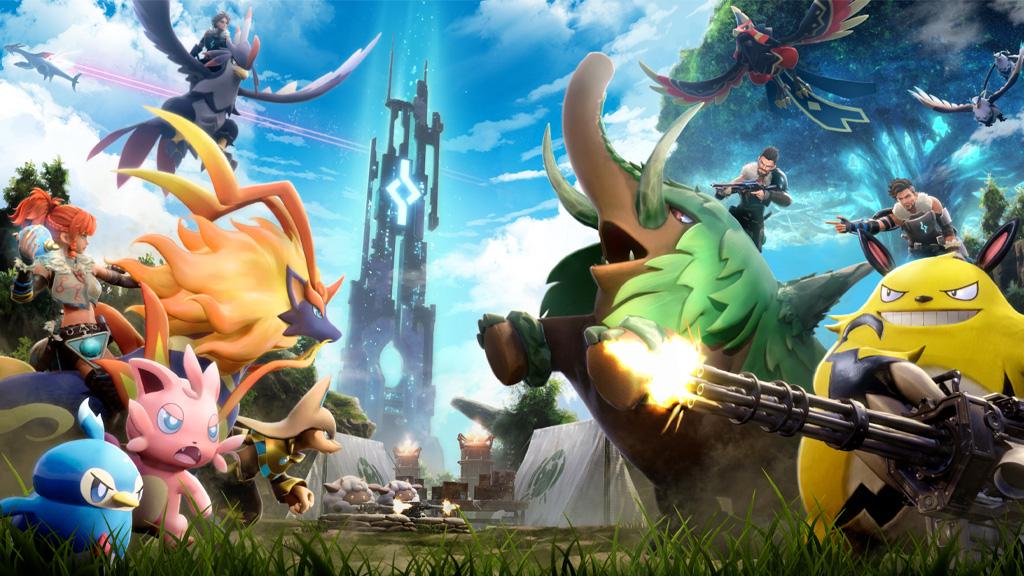
Pocketpair team
But let’s be real here—taking on Nintendo in court is like going up against a Level 100 Mewtwo with a team of Magikarps. The odds aren’t great. Pocketpair has acknowledged the lawsuit but claims they were unaware of the specific patents they’re accused of violating. According to their CEO, Takuro Mizobe, they’re investigating the claims while continuing to work on Palworld. That’s a bold move, considering this lawsuit could drag on for years and potentially drain their resources.
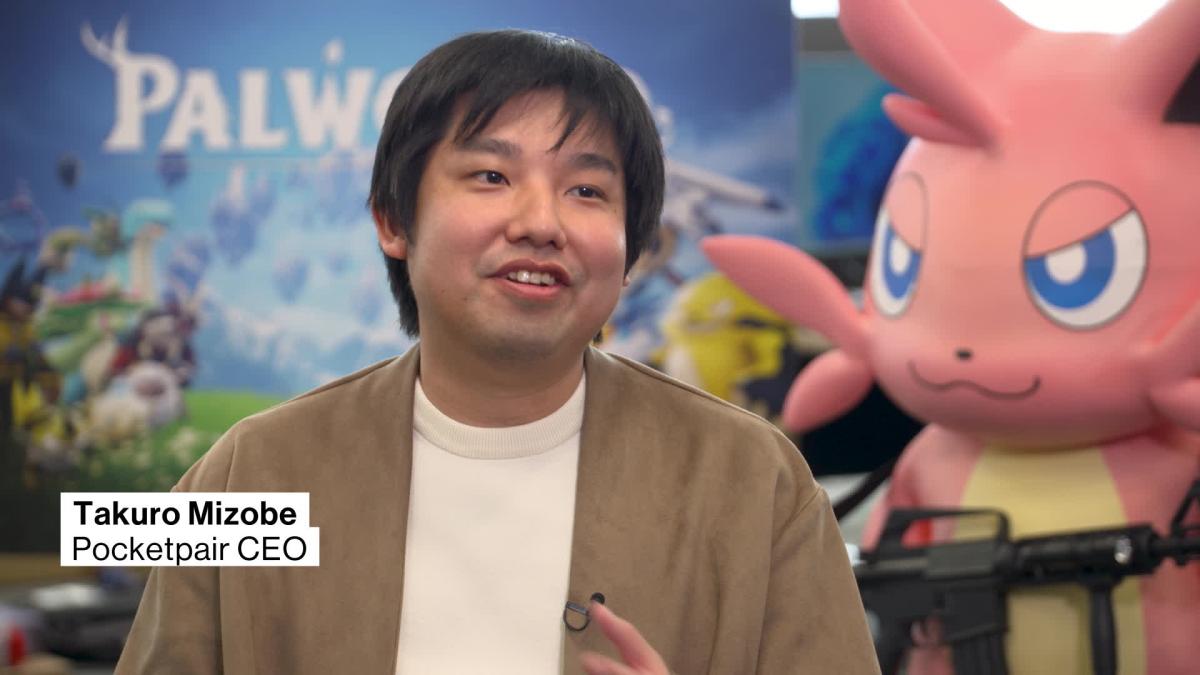
Takuro Mizobe
Still, I can’t help but admire their resolve. I mean, wouldn’t you want to defend your brainchild after pouring your blood, sweat, and tears into it? I can imagine the sleepless nights Mizobe and his team have had, wondering if all their hard work is about to be flushed down the legal drain.
The Bigger Picture: What This Means for the Gaming Industry
Now, let’s zoom out a bit and look at the bigger picture. This lawsuit isn’t just about Palworld and Pokémon—it's about the future of creature-collecting games in general. If Nintendo wins this case, it could set a dangerous precedent for other developers working on games in the same genre.
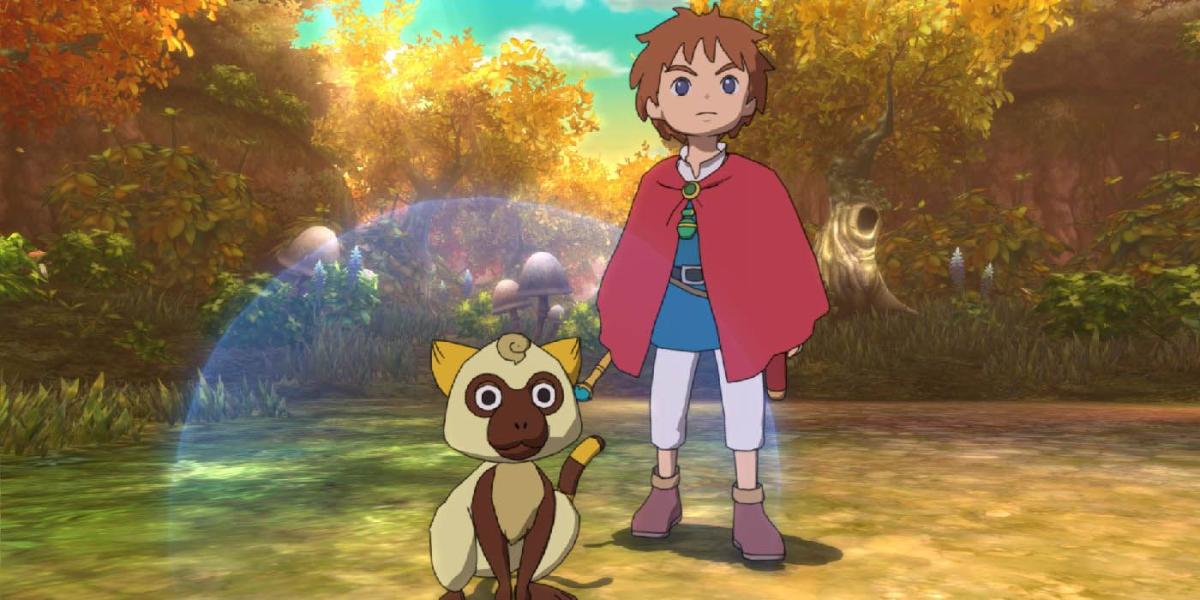
Creature-collecting games
I’m talking about games like Temtem, Monster Sanctuary, and even upcoming indie titles that haven’t hit the market yet. If Nintendo can successfully claim ownership over the creature-catching mechanic, it could stifle innovation in this genre. Developers might think twice before creating games that even remotely resemble Pokémon, fearing they’ll end up on the wrong side of a lawsuit.
And that’s where things get tricky. How do you draw the line between being “inspired by” and “copying” a game? Is Palworld really just a Pokémon clone with guns, or is it its own unique experience? Personally, I lean towards the latter. Palworld brings enough to the table—survival mechanics, crafting, and, of course, firearms—that it feels like its own thing. But Nintendo’s argument is that the core mechanic—the creature-catching—is too similar to Pokémon’s patented system.
Here’s where I get a bit frustrated. Shouldn’t we be encouraging creativity in the gaming industry? Sure, protect your IP—I get that. But there’s a fine line between protecting your brand and stifling competition altogether. If Nintendo wins this case, it could discourage indie developers from experimenting with creature-collecting mechanics, which would be a real shame. Some of the best games we’ve seen in recent years (Hades, Hollow Knight) came from indie teams that were willing to take risks.
Legal Expert Opinions: A Long Road Ahead
I’m not a lawyer (I mean, come on, I’m a blogger who spends his nights playing Persona 5 while eating ramen), but I’ve done my homework on this case. According to legal experts like Kirk Sigmon, who specializes in video game patents, this lawsuit is likely to drag on for years. He’s pointed out that Nintendo’s patents might actually be too broad, which could backfire on them in court.

Sigmon explains that patents need to be specific enough to hold up in court. If Nintendo’s patents cover something as general as “catching creatures” in a virtual space, they might be vulnerable to being invalidated. And if Pocketpair can prove that similar mechanics existed before Nintendo filed these patents, they could win this case.
But let’s be real—lawsuits like this aren’t just about who’s right and who’s wrong. It’s about who can afford to keep fighting. Court cases can drag on for years, and with legal fees piling up, many smaller companies would be forced to settle or throw in the towel. Pocketpair might have the cash now, but can they hold out for five years while this case works its way through the legal system? That’s the million-dollar question.
The Fan Reaction: Nintendo, Why?
One of the most fascinating things about this case is how the gaming community has reacted. Fans of Palworld have rallied behind Pocketpair, accusing Nintendo of being a bully (again). Some have even suggested that Nintendo should focus on improving their own games (cough Joy-Con drift cough) instead of going after smaller developers.
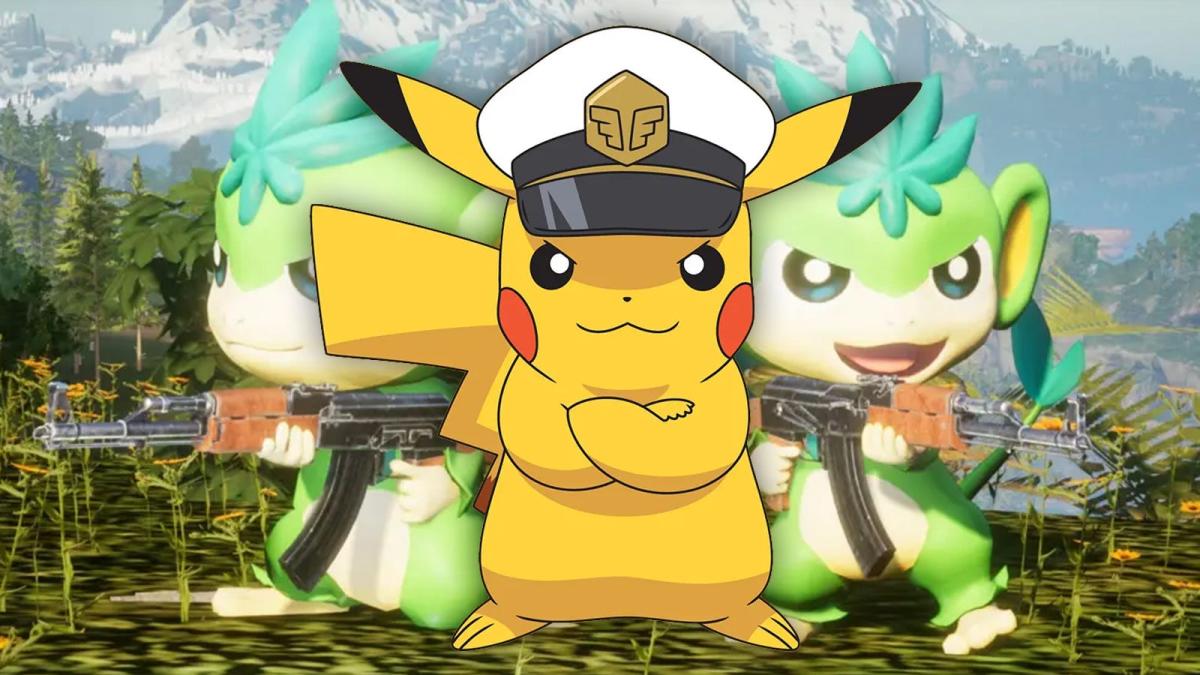
Fan reactions
On the flip side, there are die-hard Nintendo fans who believe the company has every right to protect its IP. After all, Pokémon is one of the most successful franchises in gaming history, and Nintendo has poured decades of time, money, and resources into building that brand. Why shouldn’t they defend it?
As for me, I’m torn. On one hand, I get it—Nintendo has a right to protect what they’ve built. But on the other hand, this lawsuit feels like overkill. Palworld is different enough from Pokémon that it shouldn’t be seen as a direct competitor. If anything, it’s pushing the genre in a new direction by blending creature-collecting with survival and crafting mechanics.
What’s Next for Palworld?
Despite the lawsuit, Pocketpair is still pushing forward with development. They’re working on updates, fixing bugs, and even planning a potential PlayStation release. That’s a bold move, considering Nintendo’s legal cloud is hanging over their heads.
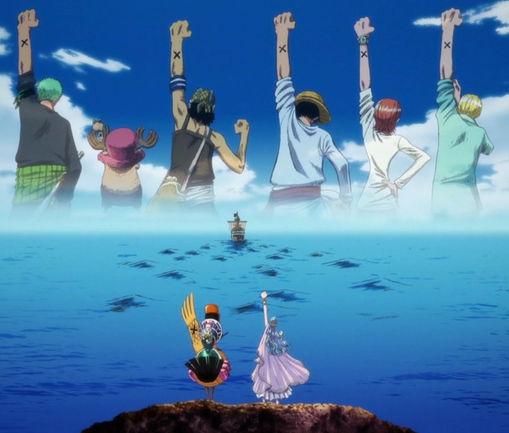
Palworld updates
It’s hard to say how this lawsuit will affect Palworld in the long run. If Nintendo wins, Pocketpair might be forced to remove or significantly alter the creature-catching mechanic, which could fundamentally change the game. If Pocketpair wins, it could open the floodgates for more creature-collecting games that aren’t afraid to challenge the Pokémon monopoly.
One thing’s for sure: this case is going to be one to watch. It’s not just about two companies fighting over game mechanics—it’s about the future of gaming and what kind of innovation we can look forward to in the years to come.
Final Thoughts: Who Wins?
At the end of the day, this lawsuit is just another chapter in Nintendo’s long history of protecting its IP. But this time, the stakes feel higher. The outcome could have ripple effects that go far beyond Palworld and Pokémon. It could shape the future of creature-collecting games and determine how far companies can go when borrowing ideas from other franchises.
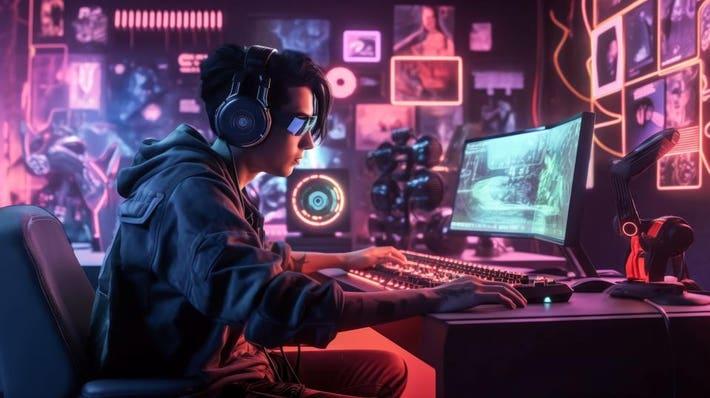
Future of gaming
Personally, I’m rooting for Pocketpair here. Not because I want to see Nintendo lose, but because I want to see more innovation in the gaming industry. We need more games like Palworld—games that take established genres and push them in new, unexpected directions.
Whether Pocketpair can pull off a victory against Nintendo remains to be seen, but one thing’s for sure: the gaming world will be watching closely. So, buckle up, because this legal battle is far from over, and who knows? Maybe we’ll get some new creature-collecting games along the way.
What do you think? Should Nintendo win this case, or should Pocketpair be allowed to keep doing their thing? Let me know in the comments below!
